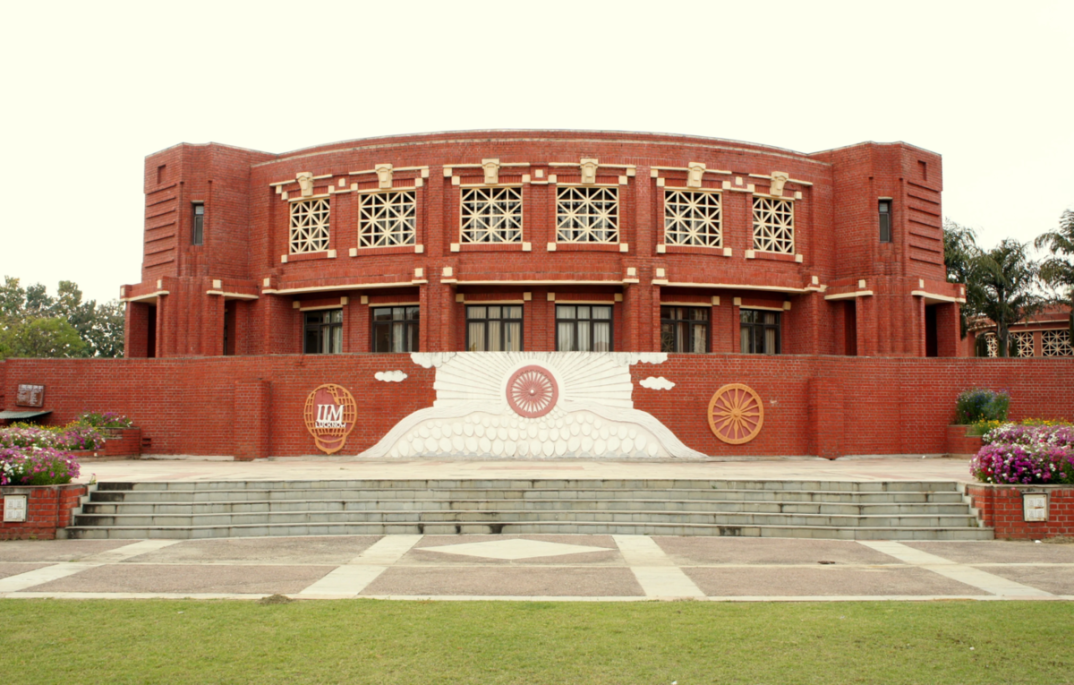Lucknow: A recent study conducted by faculty at Indian Institute of Management Lucknow tackles the critical issue of low menstrual cup adoption rates in developing countries, particularly in India, despite their numerous benefits.
The findings of this research have been published in the Journal of Social Marketing, in a paper co-authored by Prof Priyanka Sharma, Department of Marketing, IIM Lucknow, alongside Dr Rinku Sanjeev and Smriti Shukla from the Symbiosis Centre for Management Studies, Noida, and Symbiosis International (Deemed University), Pune, India.
Titled ‘What Drives Women to Adopt Menstrual Cups? The Integration of Consumer Values and Theory of Planned Behaviour’, the study investigates the various factors influencing women’s intentions to adopt menstrual cups, focussing on how perceived values—functional, emotional, conditional, epistemic, and environmental—impact these adoption decisions. The findings reveal that emotional values play a significant role in shaping women’s attitudes towards menstrual cup adoption. Additionally, factors such as the desire for knowledge, price sensitivity, quality considerations, and environmental awareness greatly influence adoption intentions.
Highlighting the importance of this research, Prof Sharma said, “Adopting menstrual cups in India can revolutionise feminine hygiene by promoting health, comfort, and environmental sustainability, reducing waste and infection risks for millions of women. It is a vital step toward empowering women with safer, eco-friendly choices. Prioritising menstrual health is key to fostering well-being and dignity for women across the nation.”
One of the major challenges of this study was addressing a topic that is often considered taboo in Indian society. Women are generally uncomfortable discussing menstrual health, making data collection difficult. However, as the research underscores, menstrual health is critical not just for individual well-being, but for larger societal development. It also aligns with the UN Sustainable Development Goals—Goal 3 (Good Health and Well-being) and Goal 6 (Clean Water and Sanitation). The study contributes to these global objectives by paving the way for both theoretical and practical advancements in menstrual health.
The insights gained from this research can be instrumental for social marketers and policymakers aiming to promote menstrual cup usage. By emphasising the emotional value of menstrual cups and showcasing their sustainable benefits, such as reducing environmental waste, marketing campaigns can be designed to encourage more women to make the switch.
What sets this research apart is its application of the value-attitude-behaviour framework, an area that has seen limited exploration concerning menstrual cup adoption in developing countries. This innovative approach not only enhances understanding of the barriers and motivators associated with menstrual cup use but also provides a solid foundation for future studies in this critical field.
This study represents a significant step towards increasing awareness and acceptance of menstrual cups among women in India, ultimately promoting better health and environmental sustainability.
- Published On Sep 18, 2024 at 11:25 AM IST
Join the community of 2M+ industry professionals
Subscribe to our newsletter to get latest insights & analysis.
Download ETHealthworld App
- Get Realtime updates
- Save your favourite articles
![]()
![]()
Scan to download App





